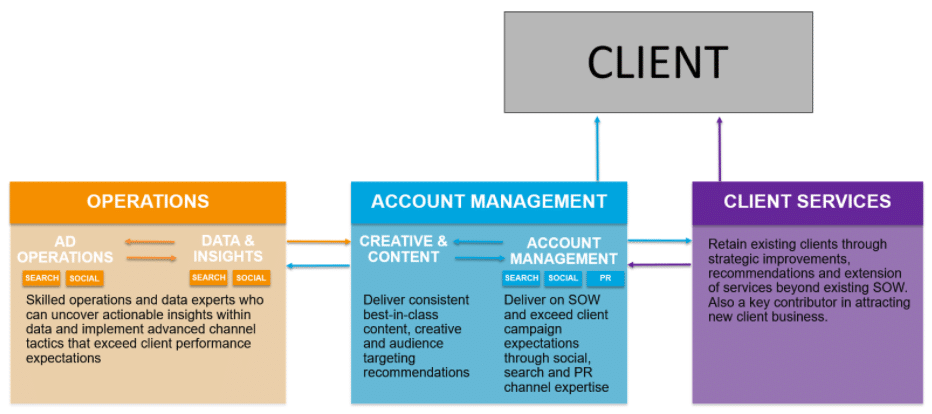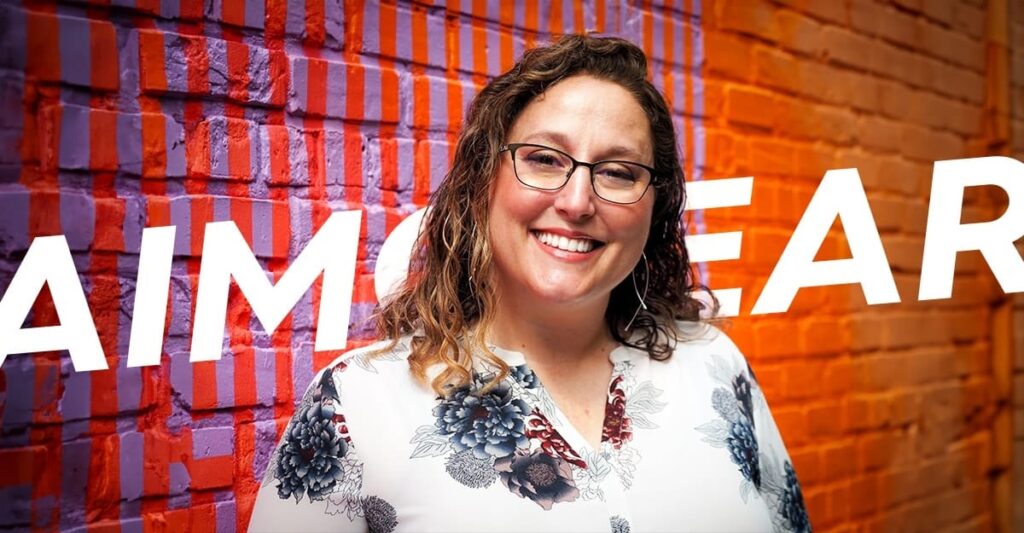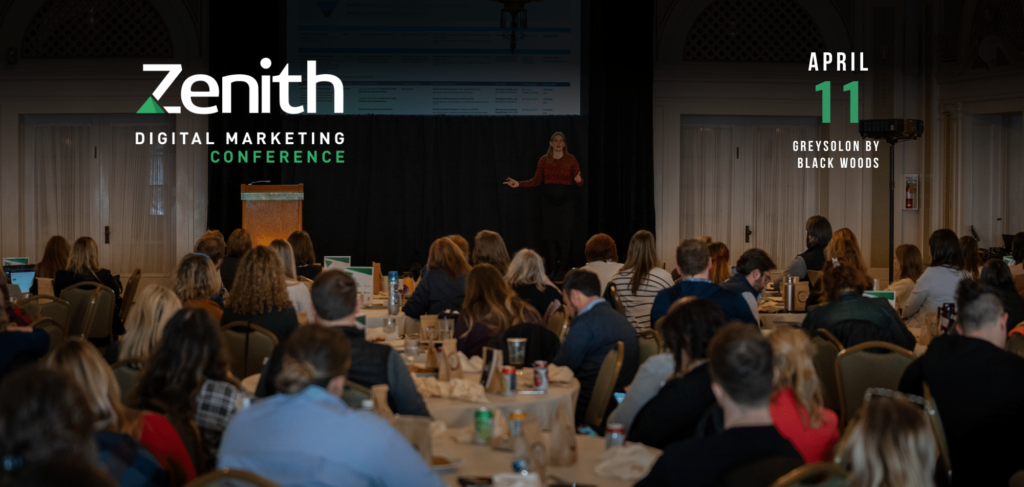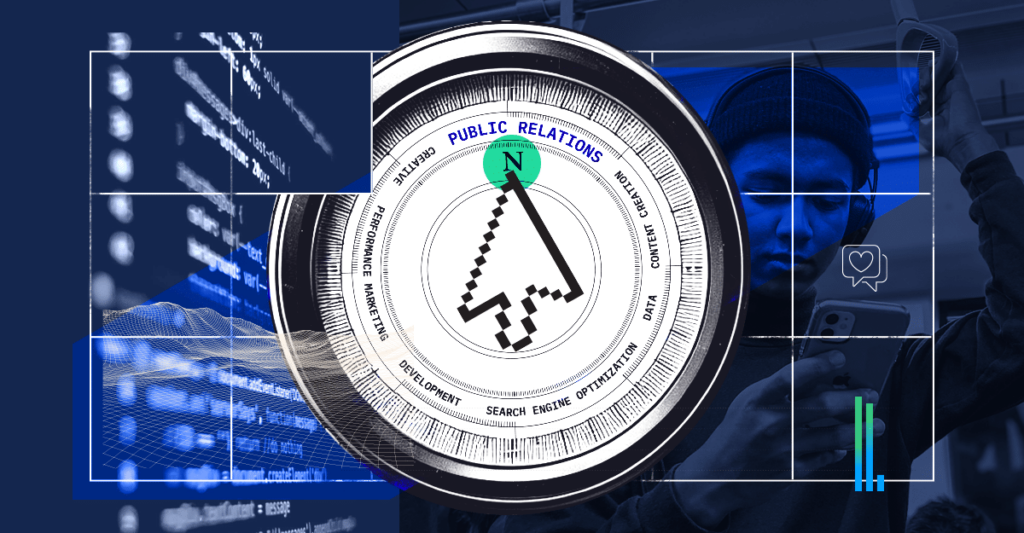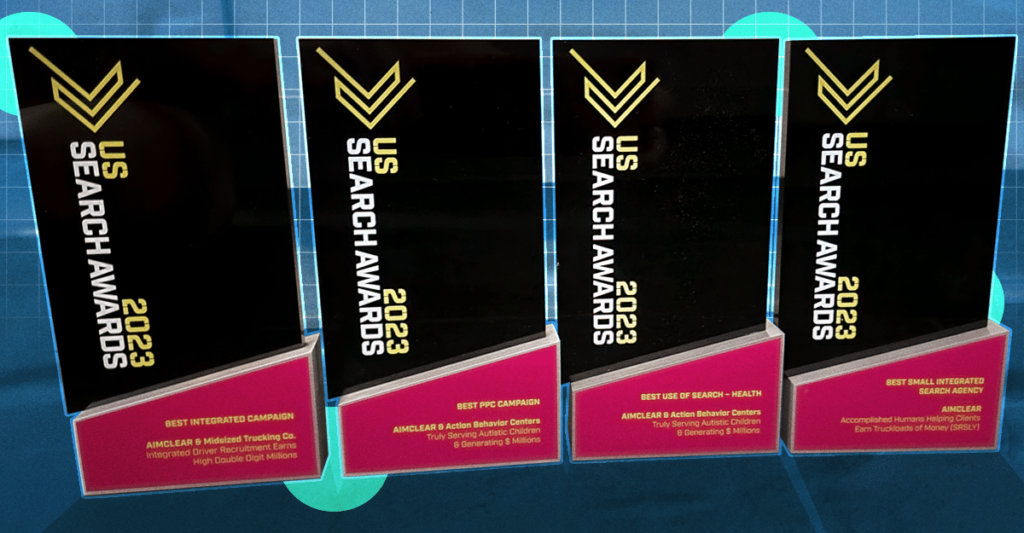Vetting an Ad agency is a lot like beginning any new relationship. You wouldn’t set out on the first date with a special person without preparing. In fact, you’d be wise to seek guidance and input from trusted friends or family members. The same holds true for a business engagement.
Successful interactions take preparation, empathy, research and often require input from multiple teams or parties, both internally and externally. Need some help getting started? Let’s take a look at the six most important questions any business should ask a potential partner agency before getting in bed signing.
What qualifications does the team have?
Assessing the marketing depth of an ad agency is important when deciding whether to partner with another team. Everyone and their mother’s digital agency makes claims about their marketing prowess, so how can you spot those that actually stand out from the crowd?
Certifications
Gauge how savvy an ad agency is by inquiring about the certifications channel tacticians and strategists possess. Here are a few to look out for:
- Google AdWords
- AdWords Fundamentals
- Search Advertising
- Display Advertising
- Mobile Advertising
- Video Advertising
- Shopping Advertising
- Bing Ads Accredited Professional
- Google Analytics Partner
- Google Analytics Individual Qualification
- Twitter Flight School
- Facebook Blueprint
- Kenshoo Certification
Case Studies
Of course it’s one thing to be book smart; exercising that knowledge in channel is where it’s really at. Have a good understanding of the ad agency’s track record for driving client results. Inquire about case studies that showcase quantifiable outcomes. Analyze not only their ability to move the needle in a meaningful way, but also to communicate in a concise and accessible way.
Awards
Understand what, if any, notable awards the agency has won. If the company is well decorated, look for a healthy mix of awards specific to the work done for their clients, the company culture and overall business success.
Agency marketers benefit from the sheer volume of case studies to which they’re exposed. Great firms are able to grow the collective knowledge of the organization by breaking down project and departmental silos, providing learnings and visibility into projects. In addition, if the company is involved in judging deep industry awards, those team members in particular have a valuable vantage point that can further drive ingenuity and out-of-the-box solutions.
What steps are taken to understand my marketing assignment?
The ad agency’s ability to quickly and accurately understand the marketing assignment and to articulate it back to you is important. The deep intake and information gathering process allows agency teams to establish and prescribe solutions for your unique situation.
If the agency hasn’t asked for detailed background information to truly understand the root business need, they cannot possibly prescribe a viable solution or correctly scope the project with accurate specification.
At AIMCLEAR, we ask our potential partners to fill out an intake questionnaire. We’ve written about the AIMCLEAR intake process and why it’s an exercise important to the outcome of any project we undertake.
In addition to the above reasons, an intake questionnaire is an important asset for posterity in an agency. AIMCLEAR uses this document to bring other team members up to speed during the client onboarding process.
Who’s involved in scoping work?
It’s the responsibility of the ad agency to scope the project correctly for both sides (agency and client) of the partnership to be set up for success.
The person fielding a new business inquiry must clearly understand goals from the outset and know when to bring in the appropriate subject matter expert (SME) to prescribe solutions. It’s a tough job — they’re responsible for negotiating on behalf of both parties and setting appropriate expectations.
Expectation setting happens whether we’re aware of it or not. We do it every day in our personal relationships — it’s at the source of broken hearts and happy endings. Expectations are also arguably the most important aspect to starting a new project and building the relationship for the long term.
Those in charge of handling new business intake serve two masters: the potential client and the team that will service the account. If a project is taken all the way to signature without input from all appropriate parties, there is a high likelihood that expectations set in the sales cycle may be lost or misinterpreted.
Many team members will likely impact how a project is scoped: department heads will focus on planning resources and capacity, while SMEs may be focused on in-channel opportunities.
What’s the experience level of the team that will be working on my account?
Understand who will be on your assigned team and how seasoned they are. If the exact team members can’t be named at this point, understand what the general makeup of your team will be. How many people will be assigned to your account? What are their roles?
Agencies that have been around the block can clearly show you the anatomy of a project team and the interplay between roles. Below is an example of how AIMCLEAR typically structures a project team.
As mentioned, expectation setting is critical early in the agency/client relationship. It’s also key among internal team members as a project is kicked off. At AIMCLEAR, we’ve defined over 70 responsibilities that require ownership. At the beginning of each project, we complete a matrix to establish who on the team is responsible, accountable, consulted and informed for specific tasks.
What standardized processes are in place?
Does the agency have standardized processes that streamline efforts and eliminate redundancies? For some, process is a scary word. For others, it means consistency and lack of ambiguity.
The best agencies have identified the intersection of unencumbered creativity and well-defined processes to achieve predictable outcomes. Be careful, however, that the agency is not consumed by process and inflexible to a fault; it’s important your partners can adapt when necessary. In business, nothing is sacred, only results.
What are the company’s values?
Learning the agency’s values offers insight into their modus operandi. Viewing challenging situations through the lens of these values can help steer outcomes in a consistent direction.
At AIMCLEAR, we have five employee-defined core values that guide how we operate within our teams and with our clients:
- Teamwork, Trust & Transparency — We win as a team
- Do What’s Right, Not What’s Easy — Integrity is not optional
- Facts and Data Inform Personal Opinion — Strong opinions stem from being well-informed
- Agile & Organized — The marketing industry moves swiftly
- Be Positive — There’s little productivity in negativity
When evaluating potential agencies, use these questions to narrow in on the partner that will best meet your needs. If solutions presented feel cookie cutter, chances are they are. Look to an ad agency that has both results and the relationship in mind.
And, like any relationship, make sure to practice effective communication, demonstrate respect and work to share a vision for the future. Successful outcomes are built upon successful relationships.
Been around the block? What’s the most telling question you ask potential partners? Share below!

